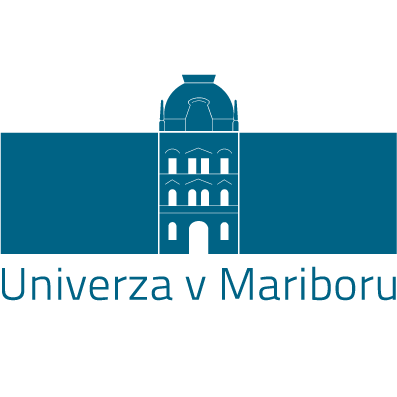
University of Maribor
Green Education Ranking
#872
About University of Maribor
The University of Maribor was established in 1975. With its 17 Faculties, the University Library Maribor and the Student Dormitories, it is the second largest and second oldest university in Slovenia with a long tradition. During these years, it became a successful scientific institution, the primary mission and guiding principle of which is the dissemination and enrichment of knowledge. It is rapidly developing new areas of activity, testing new study methods and seeking new ways of integrating with its environment. Interdisciplinarity is highly valued, as its faculties cover the natural sciences, mathematics, engineering, medicine, biotechnology, social sciences, humanities and other sciences. By creating a working environment that encourages academic freedom, the University of Maribor wants to encourage the achievement of top scientific and artistic achievements. Special attention is also paid to the involvement of students in research work and decision-making bodies as well as to the cooperation with the economy both in the field of knowledge and technology transfer into practice as well as in the field of connecting and networking students and graduates with employers in terms of transition to the labour market. The University of Maribor is an institution offering numerous career development opportunities. Graduates, researchers and professors are successful on the domestic and world stage.
About World Green University Ranking
World
Green University Ranking 2024 is a
scholarly acknowledgment of educational
institutions standing at the forefront of
Education for Sustainable Development (ESD) and
leading the Green Education Transformation
(Education 6.0).
World Green University Ranking classifies
universities based on the six pillars of the
Holistic Green Education Framework, including
leadership governance, curriculum, innovation,
facilities, human capital, and community
partnerships.
The methodology employed in our Green Education Ranking is designed relying on the six pillars of the Holistic Green Education Framework. Each pillar contributes to the institution’s overall score, with a carefully assigned weight reflecting its significance in fostering sustainability. The total weight of the six pillars collectively amounts to 100%, signifying a balanced evaluation across critical dimensions of Green Education. Within each pillar, various standards are carefully assessed, with weights ranging between 1 and 2, emphasizing the varying importance of each criterion. This nuanced approach ensures a holistic evaluation and offers an insightful measure of universities commitment to Green Education Transformation (Education 6.0).
| # | Six Pillars of Green Education Framework (6Gs). | Weight |
|---|---|---|
| 1 | Green Educational Leadership | 14% |
| 2 | Green Curriculum | 17% |
| 3 | Green Innovation and Research | 19% |
| 4 | Green Facilities | 15% |
| 5 | Green Human Capital | 19% |
| 6 | Green Communities | 16% |
| Total | 100% |

